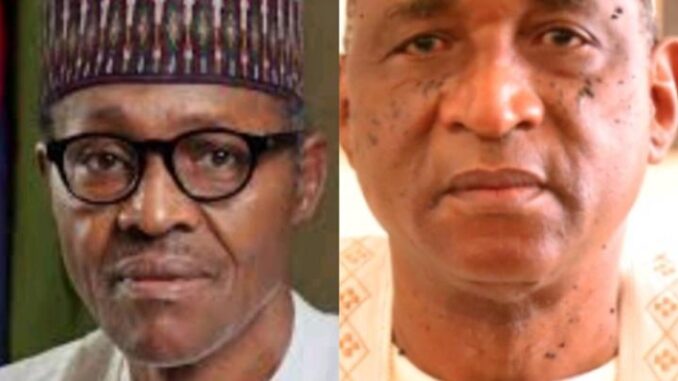
According to a report by Trust TV, renowned political historian Prof. Alkasum Abba has brought to light the complexities surrounding the ethnic identity of Nigeria’s late former president, Muhammadu Buhari.
This discussion, which took place during an interview on Trust TV, seeks to dispel the widely held notion that Buhari was of Fulani descent, a belief that has persisted throughout his political career.
For many years, Nigerians have associated Buhari with the Fulani ethnic group, largely due to his role as a prominent figure in the nation’s political landscape.
However, Prof. Abba clarified that Buhari’s roots are not Fulani; rather, his wife belonged to that ethnic group. “During Buhari’s era, many people thought Buhari was a Fulani man, but Buhari was not Fulani; his wife was Fulani.
Buhari did not even know how to speak one word of Fulfulde,” he stated emphatically. He further noted that when Buhari spoke English, it was characterized by a Hausa-Daura intonation, highlighting his closer ties to the Hausa-speaking communities of his native Daura in Katsina State.
This revelation not only challenges a long-standing perception but also sheds light on the intricate relationship between ethnic identity and political narratives in Nigeria.
The blending of these identities often influences public perception and political alignments, making it essential to scrutinize the backgrounds of influential leaders.
Buhari, who served as president from 2015 until his tenure concluded in 2023, left behind a legacy that continues to evoke strong reactions among Nigerians.
His administration was marked by a mix of ardent support and significant criticism, particularly concerning issues of governance, security, and economic policies. The confusion surrounding his ethnic identity has lingered, often fueling debates about loyalty, representation, and the dynamics of Nigeria’s diverse populace.
The historian’s comments prompt a deeper reflection on how ethnic identities shape political landscapes and influence public discourse. In a country as diverse as Nigeria, where over 250 ethnic groups coexist, understanding the backgrounds of leaders can provide valuable context for their policies and governance styles.
Prof. Abba’s insights also raise questions about the narratives that emerge during political campaigns and the role that ethnicity plays in shaping voter perceptions.
The conflation of Buhari with the Fulani community may have been a strategic narrative, whether by supporters or opponents, to either bolster his image or challenge his legitimacy.
As discussions about Buhari’s legacy continue to unfold, this new perspective on his ethnic identity adds another layer to the ongoing debates. It highlights the necessity for a nuanced understanding of Nigerian politics, where the interplay of ethnicity, religion, and regional interests often dictates the course of governance.
Moreover, the conversation surrounding Buhari’s identity and its implications for his presidency underscores the need for a more comprehensive approach to leadership in Nigeria. Leaders must navigate the intricate web of ethnic affiliations while striving to represent the interests of a diverse population.
As Nigeria looks to the future, the insights provided by Prof. Abba serve as a reminder of the complexities inherent in the nation’s political identity.
The discourse surrounding Buhari’s ethnicity will likely continue to evolve, prompting further examination of how such identities impact leadership and governance in a country striving for unity amid its diversity.
In summary, Prof. Alkasum Abba’s revelations about Muhammadu Buhari’s ethnic identity challenge established narratives and call for a deeper understanding of the factors influencing Nigerian politics.
As the nation grapples with its multifaceted identity, these discussions will play a crucial role in shaping the future of leadership and governance in Nigeria.Continue, Full, Reading>>>>
Find Verified News At Your fingertips Click The Link Above .


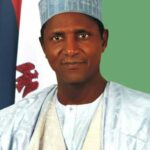
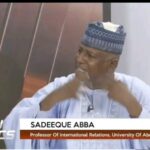
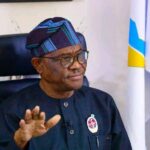
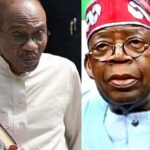
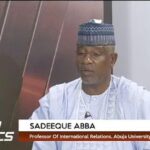
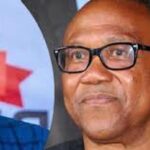
Leave a Reply